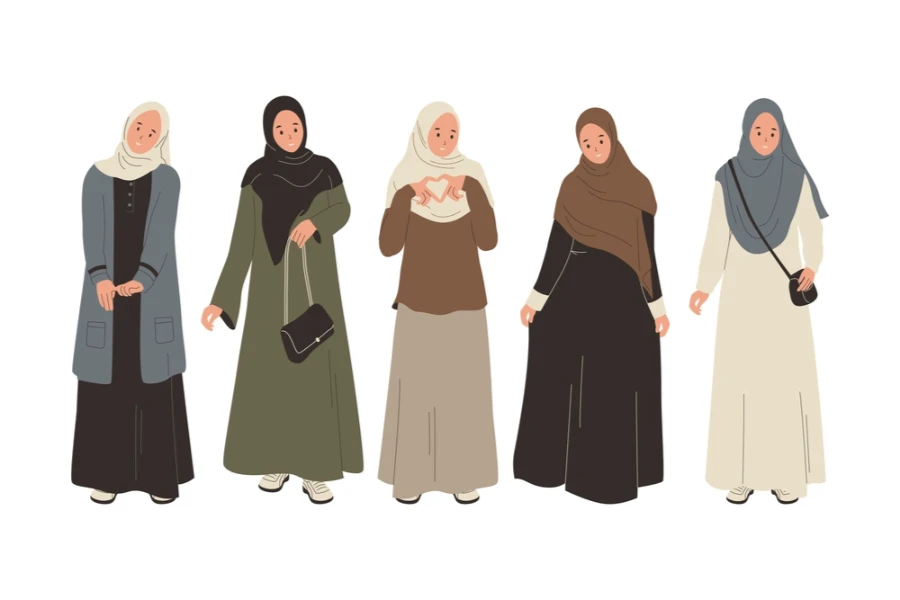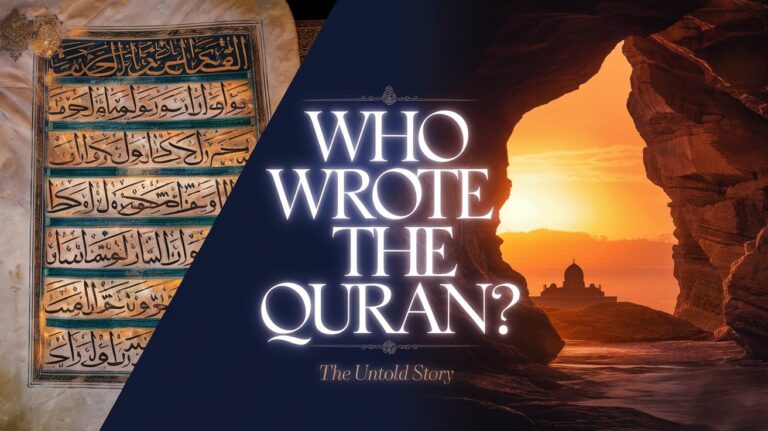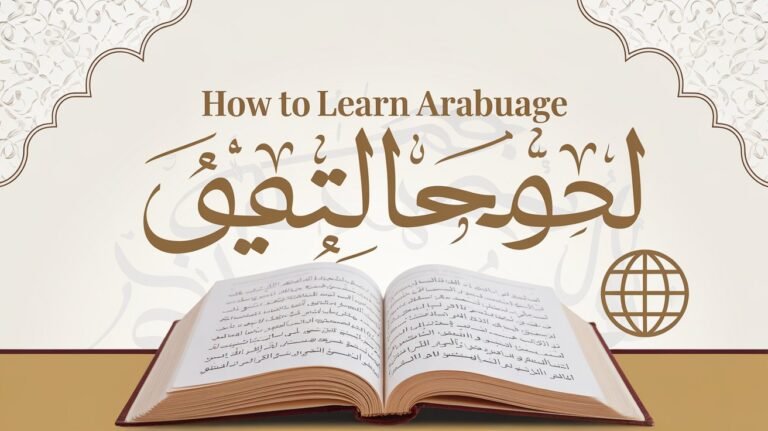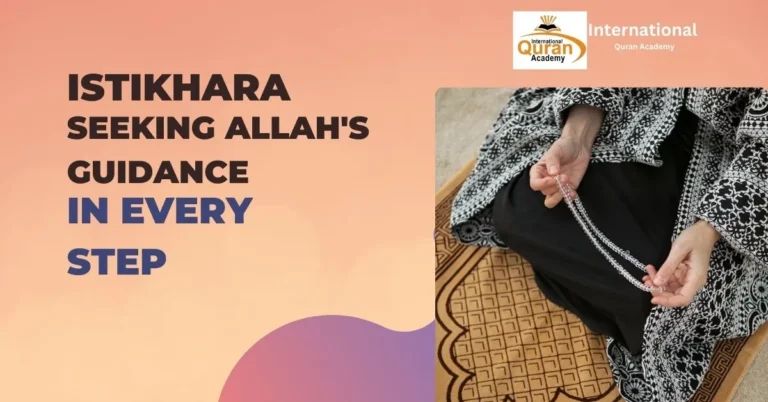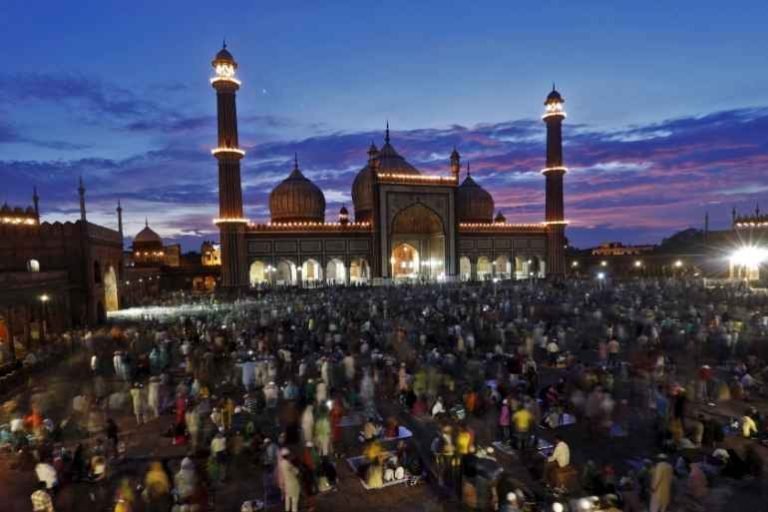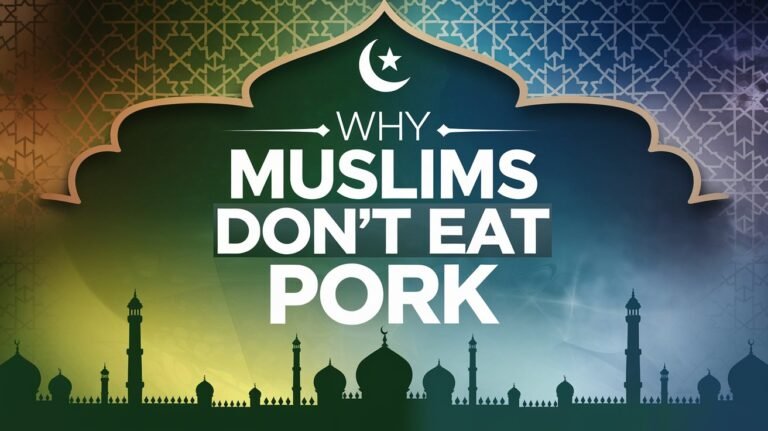The portrayal of Islam in non-Muslim circles, specifically among Westerners, has always been one fraught with controversies surrounding violence and the treatment of women. Among the many misconceptions perpetuated by Islamophobic ideology is that Islam is a religion of violence and strife and that it is oppressive towards women.
These misconceptions could not be further from the truth. Islam is a religion of peace and highlighting selective and out-of-context incidents of violence is not just disingenuous but harmful. It creates a schism between a sizeable proportion of the world’s population by pitting Muslims against non-Muslims. While in the Holy Quran, Allah (SWT) clearly states the following:
“To you your way, to me my way” [109:6]
Furthermore, in Surah al-Baqarah, Allah (SWT) says:
“There is no compulsion in matter of faith. Distinct is the way of guidance now from error. He who turns away from the forces of evil and believes in God, will surely hold fast to a handle that is strong and unbreakable, for God hears all and knows everything.” [2:256]
These verses indicate how no one can be forced to believe. Faith in Allah (SWT) is a conviction that comes from within. In return, Allah (SWT) expects us to be obedient and compliant. The donning of the hijab for women has the same connotation. The hijab is not being forced on Muslim women; instead, Muslims are supposed to adopt it as a part of their faith.
Islam means to subjugate ourselves to Allah (SWT) alone. It is to surrender our innate wills and desires and strive for the pleasure of Allah (SWT). Wearing the hijab and covering ourselves as prescribed in Islam has a much higher purpose. It has nothing to do with oppression and force.
What is the Hijab?
The hijab conjures up images of women clad in loose fabric from head to toe and many people view this as a dated tradition that takes away choice and freedom from women. In actuality, the hijab is supposed to achieve quite the opposite.
Allah (SWT) requires Muslims to be modest. This requirement is not limited to women, as men are commanded first to guard their modesty. The focus on women is due to the strict guidelines for the hijab. There are good reasons why the hijab is specifically for women.
In Islam, women are obligated to cover their bodies with a loose, opaque garment that does not show off their figure. The hair is also supposed to be covered along with the face, leaving only the eyes visible. But the hijab is not just limited to clothing, it is also about the way women carry and conduct themselves in the public sphere.
Women must be modest and have a dignified aura. Strong perfume, gaudy jewelry, and flashy colors are not recommended because these attract attention. For further information on the hijab, you can learn more Hadith about proper dressing. It is essential to have this understanding.
Roots of the Opposition
Misconceptions around hijab are a product of Western liberal thought. Historically, modesty has always been considered an admirable trait. Being covered up was also a sign of wealth since it meant the wearer could afford the excess fabric.
It was only with the Feminist Movement that female liberation became linked to women dressing provocatively. To defy the patriarchal norms in the society, women defied the status quo completely. Rather than opposing genuine inequality and having a nuanced perspective, the feminists of the era vilified society as a whole.
the positive aspects of society, like modesty and family values, were incorrectly painted in a negative light. They were wrongly identified as the tools of oppression and control over women. This turned out to be a slippery slope as is obvious with the level of moral decay present in Western societies today. the statistics of out-of-wedlock children, divorce rates, and falling fertility rates provide a snapshot of this complex issue.
With the mindset that equates women’s liberation with dressing as one pleases or acting in an undignified manner, the idea of the hijab does seem antiquated. So, let us examine whether that is the case or not.
Wisdom Behind the Hijab
The hijab has not been prescribed to oppress women. On the contrary, its purpose is to preserve. Here are some reasons why we should not view the hijab as a tool of oppression but rather as a way to protect women:
- Weaker Sex
Women are the weaker sex, at least in the context of physical prowess. If we look at statistics, then most violent crimes can be attributed to men. Women are disproportionately more likely to be victims of violent crime and the perpetrators in most cases are men. Any level of protection that women can get should be welcomed, even if it means wearing extra coverage clothing.
- Innate Attraction
It is known to everyone that women have a natural attraction to them. Men are drawn to women because they embody beauty. Women, on the other hand, are attracted to men’s resourcefulness. This is why we see women flaunt their beauty while men flaunt their wealth.
This innate attraction must not be accessible to every man that a woman encounters. In Islam, women have mahram, who are the men in front of whom the limitations of the hijab are relaxed. This means that it is not about controlling women rather than to protect them.
- Gives Women Dignity
Immodest men and women are viewed negatively in society. While feminism and similar movements may have normalized indecency and immorality, our innate moral compass does not accept it. Take, for instance, the contradiction of prostitution or sex work as it has been rebranded. There is a push to consider prostitution as a legitimate profession.
However, there is still a stigma around it, and women who engage in such activities bear the consequences because, internally, we all know it is wrong. The hijab preserves a woman’s identity and dignity. It prevents women from being objectified and seen as just a pretty face or a beautiful figure.
The Significance of Donning the Hijab
The hijab is a symbol of Islam. here is why a simple piece of garment holds such importance:
- It is Allah’s (SWT) Command
We should wear the hijab because it is the command from Allah (SWT) Himself. All other reasons are secondary. Allah’s (SWT) commands are the final word. As Muslims, we are convinced that whatever Allah (SWT) requires of us is full of wisdom and we must obey without any questions or objections.
- It Protects Women
The hijab, as mentioned already, protects women. It covers the attractiveness of a woman and makes her less of a target of ogling eyes. Women in Islam are precious, just like our valuable possessions, they are to be kept hidden from prying eyes.
- Empowering Women
Rather than erasing their identity or dehumanizing them, the hijab distinguishes Muslim women. It highlights their Muslim identity and gives them the confidence to show their belief. It empowers women to truly be themselves without the fear of judgment.
The women of the Holy Prophet’s (SAW) household followed even stricter rules of hijab, yet they were also the strongest, most capable women of their time. Hazrat Khadija (رَضِيَ ٱللَّٰهُ عَنْهَا) was a prominent business woman while Hazrat Ayesha (رَضِيَ ٱللَّٰهُ عَنْهَا) was an educator in her own right. The requirements of the hijab did not hinder them from achieving what they did. If anything, it gave them more freedom because they could follow their ambitions without being judged or scrutinized.
Spirituality and Hijab
The hijab is a way of achieving greater spirituality. By following Allah’s (SWT) commands and being subservient to Him, we are drawn towards Him more. The more we subjugate ourselves in front of Allah (SWT), the higher our status becomes.
Wearing the hijab, even in the face of opposition or ridicule, is a sign of strength and conviction of belief. It is much more than how we present ourselves to others; it is about how we identify ourselves.
Author Bio:
Zain Jawwad is a skilled copywriter and content creator who writes high-quality articles and blogs. He has experience covering a wide range of topics with valuable insights. Zain also occasionally contributes articles to Muslim & Quran.

